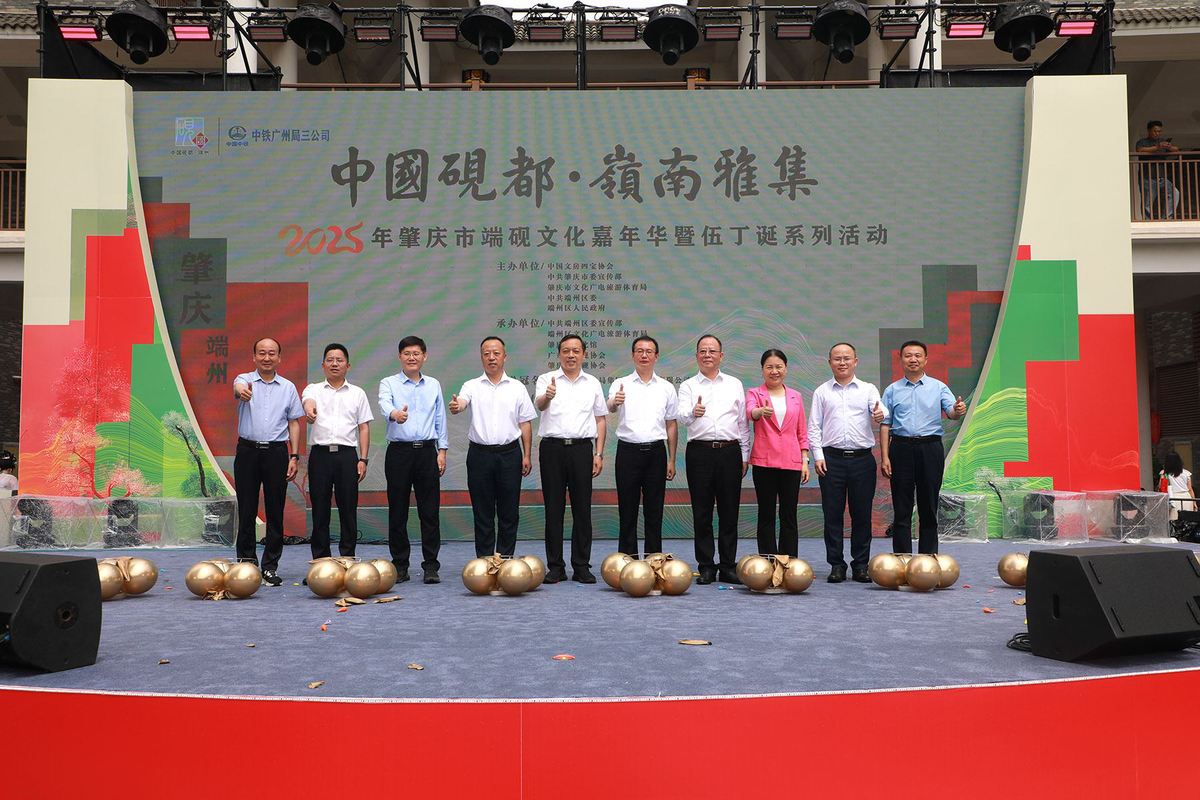GBA goes all out to make itself a cultural tourism magnet


Shenzhen-based cultural and tourism giant OCT Group, which owns Window of the World, is trying to combine cultural tourism with other sectors, such as commerce, real estate and the creative industry, to ensure a bigger slice of the cake.
The company sees Guangdong as its chief battleground that boasts a favorable political and business environment, a solid market foundation and advantageous geographical conditions, OCT Group told China Daily, saying it will continue to innovate and explore new ways of promoting culture and tourism.
Guan Jian, director of communications at Guangzhou-based GZL International Travel Service, says the agency will add cultural elements to its tourism products. "Among our domestic travel routes, over 80 percent have cultural elements.
The proportion has been growing in the past few years, and products with a cultural appeal have been enthusiastically received by customers."
Striking a balance
While tourism serves as a powerful means of promoting cultural exchanges and development, and allowing people to experience diverse traditions and lifestyles, there is a danger of cultural degradation.
When tourist destinations become overly commercialized, cultural practices may be diluted or altered to cater to tourist expectations. "Developing some cultural and historical areas has given rise to problems like homogeneity and lack of diversity in business, while others are blamed for over-commercialization.
Thus, residents might feel that local culture is weakened, and their sense of belonging is undermined. This would lead to resistance or even hostility to tourism development," warns Mao Zidan, associate professor at the School of Tourism Management at Sun Yat-sen University in Guangzhou.
The development of historical and cultural areas in urban villages or overseas Chinese communities, which are common in Guangdong, also involves complex issues concerning property rights, population and people's diverse needs, explains Mao. "Take Shenzhen's Nantou Ancient Town, for example. The historical site has been turned into a place where migrants have gathered and lived throughout its 1,700-year history.
In developing cultural tourism here, we need to better handle relations among stakeholders, such as the government, enterprises, villagers and migrants." In Mao's view, local governments should take the initiative in creating a favorable environment for tourism by building a platform for dialogue among industry players, while protecting public interests.
- Winter cherry blossoms create unexpected spectacles
- Chongqing park becomes stage for captivating natural phenomenon
- Chongqing's cat theme park draws visitors, aids rescues
- Winter fishing season brings fresh catches at Hunan's Liuye Lake
- Former Guizhou official gets 11-year sentence for bribery
- Xizang expands elderly care faster than its population growth





































